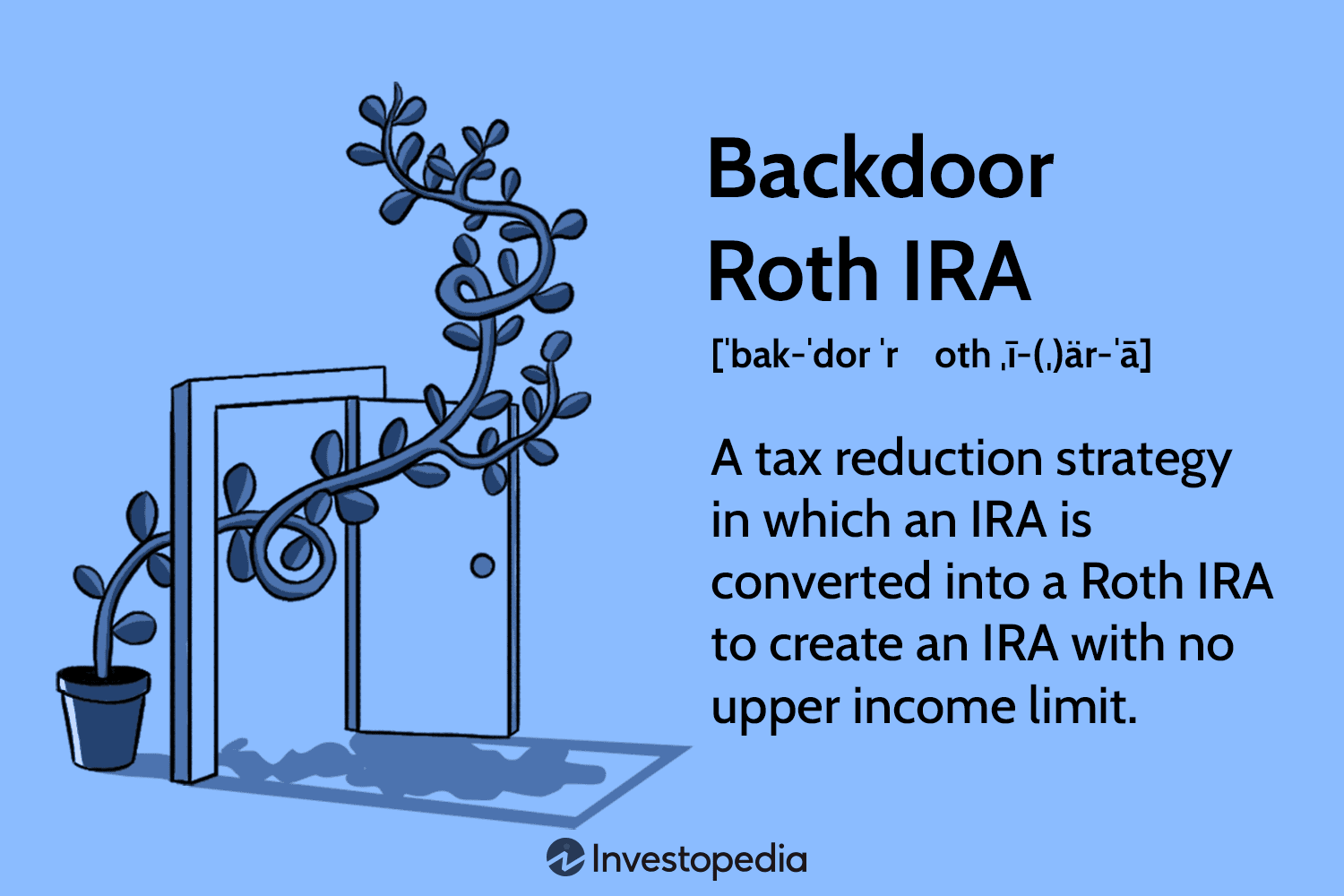Question for those HROT'ers out there who are well-versed in long-term investment and the different forms of IRA's:
What type of retirement investment account would you recommend to someone who already has a decent 401k built up and is considering opening a supplementary retirement account? In this case the target would be to invest around 5-7k per year for the next 30 years in hopes of building a solid foundation for a meager but comfortable retirement. Appreciate any and all input!
What type of retirement investment account would you recommend to someone who already has a decent 401k built up and is considering opening a supplementary retirement account? In this case the target would be to invest around 5-7k per year for the next 30 years in hopes of building a solid foundation for a meager but comfortable retirement. Appreciate any and all input!



